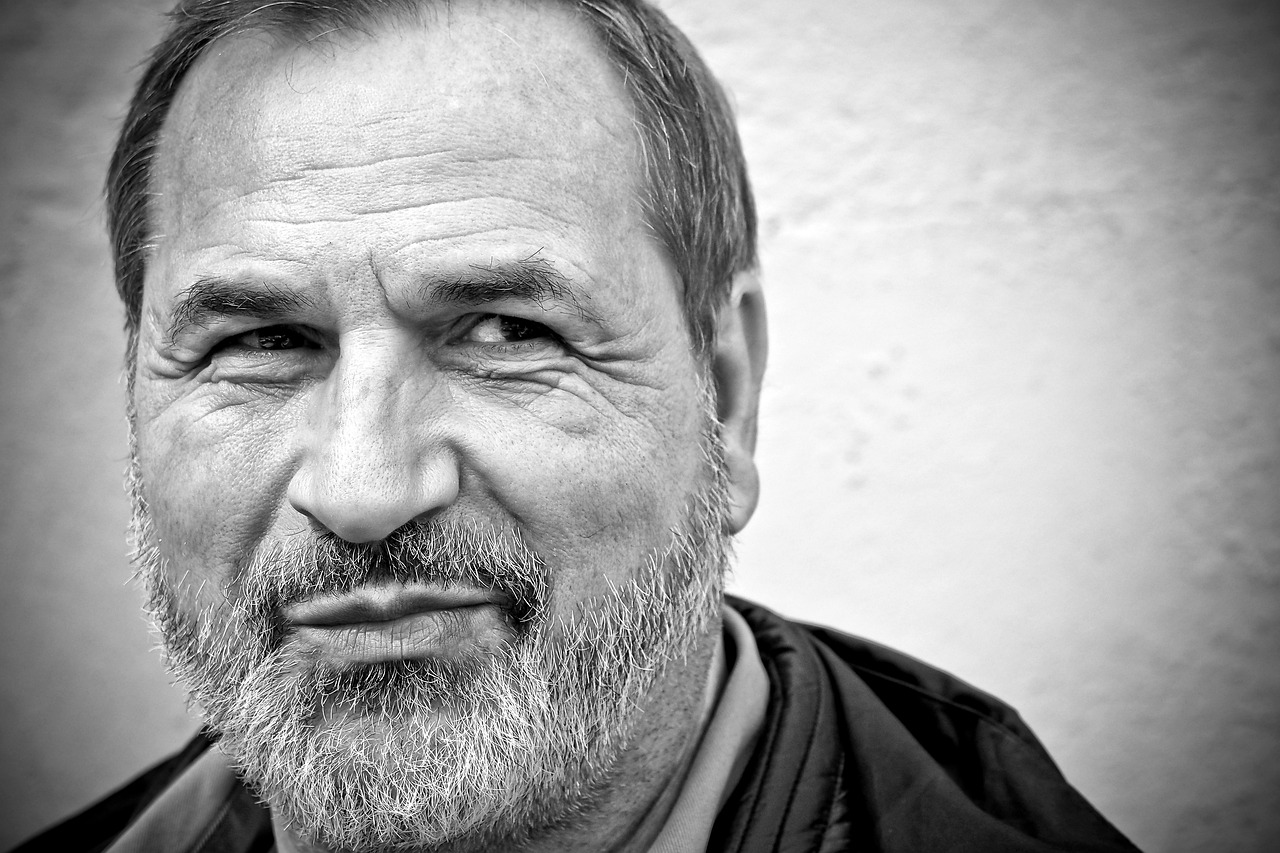Most cases of localised prostate cancer are low or medium grade cancer and categorised as clinical stage T1 or T2. There are several possible treatments that could lead to a potential cure. These include surgery or radiotherapy
Some treatments may not be suitable due to an inappropriate PSA level, size of the prostate gland or other health conditions.
There are several types of treatment for localised prostate cancer, all with a similar success rate and potential side effects.
Our support team at Orchid is on hand to help men discuss options.
Useful Tips
- Stay in touch with the Clinical Nurse Specialist or Keyworker who can help answer questions.
- Men should be able to discuss potential treatment options with both a urologist who would perform surgery and an oncologist who would discuss radiotherapy.
- Having a partner or a friend present during any consultation to take notes and offer support can be very helpful.
- Ask for details of side effects.
- Join a local prostate cancer support group.

